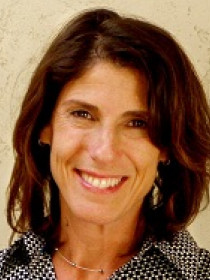
Amy J. Binder
Connect with Amy
About Amy
Binder has long studied education as a site for cultural and political conflict, both at the K-12 level and in higher education. Unlike most sociologists of education whose predominant concerns are schooling’s relationship to access, achievement, and attainment, Binder has combined social movements and institutional approaches to understand a range of educational phenomena, such as curricular challenges from both the left and right, and university campus’ distinctive role in shaping students' political identities. Her other areas of inquiry include studying the ways that journalists draw on and amplify public discourses of race, understanding conservatism in its multiple forms, and making sense of elites as challengers in progressive social movements. Binder has served as a consultant on the General Social Survey and is a board member for The Preuss School in San Diego, one of the country’s highest performing charter schools for first-generation college-goers.
Contributions
How Elite Colleges Can Limit the Brain Drain to Wall Street
In the News
Publications
Looks at how seemingly intransigent federal funding rules are flexibly interpreted in three separate service departments of a single transitional housing complex: child care, counseling, and housing. Explains differences as an outcome of staff’s professional knowledge, in interaction with the proximity of the funding stream to the department.